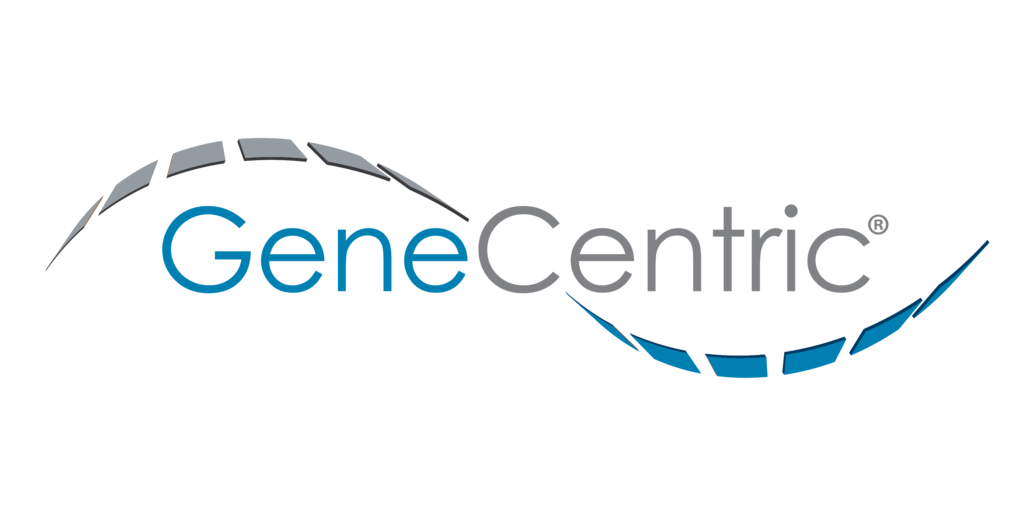Study utilized GeneCentric’s RNA-based FGFR Predictive Response Signature (FGFR-PRS) and showed it could identify twice as many patients with an activated FGFR pathway compared to patients with FGFR DNA alteration biomarkers
DURHAM, N.C.--(BUSINESS WIRE)--#GeneCentric--GeneCentric Therapeutics, a company making precision medicine more precise through RNA-based diagnostics, announced today that results from the GARNER (Genomic Analysis of high-Risk Non-muscle invasive bladder cancER) study were published in Clinical Cancer Research. The GARNER study, the largest high-risk non-muscle invasive bladder cancer (HR-NMIBC) patient cohort ever assembled with both clinical and genomic detail, investigated fibroblast growth factor receptor (FGFR) DNA alteration (ALT) frequency and activation in HR-NMIBC and the clinical outcomes associated with standard-of-care Bacillus Calmette-Guérin (BCG) treatment. The study was conducted by the Erasmus MC Urothelial Cancer Research Group (EUCRG) at the Erasmus MC Cancer Institute. Janssen Research & Development, LLC, a Johnson & Johnson company, and GeneCentric collaborated to perform genomic testing.


Although many HR-NMIBC patients respond to BCG treatment, 50-70% have a recurrence, and up to 20% progress to muscle-invasive bladder cancer (MIBC) or locally advanced/metastatic disease. Alternative therapies including FGFR-targeting agents are being investigated. While eligibility for FGFR-targeted therapies has focused on patients who are FGFR ALT (+), DNA alterations may not fully identify all patients who could potentially benefit from FGFR-targeted therapy. In this study, GeneCentric’s novel RNA-based FGFR-PRS identified approximately two-fold more patients with an activated FGFR pathway compared to those who were FGFR ALT (+).
“GeneCentric is intensely focused on developing RNA-based signatures, because DNA alterations and other biomarkers may have limitations in identifying all patients who could potentially benefit from targeted therapies,” said Kirk Beebe, PhD, Chief Scientific Officer at GeneCentric. “The GARNER study allowed us to apply the FGFR-PRS to tumors from a high-risk group of patients with bladder cancer to show that the prevalence of FGFR-PRS positive tumors was much higher than the number of tumors identified with FGFR DNA alterations. Beyond HR-NMIBC, we have developed gene signatures for a broad range of targeted therapies, with a vision for this approach eventually becoming the paradigm for patient selection as an adjunct or in place of DNA alteration testing.”
Findings related to the FGFR-PRS from the study include:
- The FGFR alteration frequency (i.e., FGFR ALT (+)) in HR-NMIBC tumors was 31%.
- The frequency of FGFR-activated tumors using the FGFR-PRS was more than twice as high as FGFR ALT+ at 75%.
- This enrichment of tumors that may be FGFR-activated identified by the FGFR-PRS compared to FGFR-altered tumors was also observed in more advanced-stage disease (muscle-invasive and metastatic urothelial cancer).
About the GARNER Study
The GARNER study is the largest HR-NMIBC real-world patient cohort ever assembled with both clinical and genomic detail and the first study of the broader GARNER Bladder Cancer Program. The study is comprised of a cohort of almost 1,200 NMIBC patients who underwent surgery and adjuvant BCG treatment. The study was conducted by Tahlita Zuiverloon, MD, PhD, Principal Investigator at the Department of Urology at Erasmus MC Urothelial Cancer Research Group (EUCRG) at the Erasmus MC Cancer Institute. Janssen Research & Development, LLC, a Johnson & Johnson company, and GeneCentric Therapeutics performed retrospective genomic analysis of longitudinal samples collected in this study.
About GeneCentric
GeneCentric Therapeutics, Inc., a leader in RNA-based genomic biomarker and next-generation companion diagnostics development, is based in Durham, North Carolina. They have developed a deep pipeline of gene signatures and related diagnostic tests by parsing the complexity of tumor biology using their RNA-based Tumor and Immune Micro-Environment (rT(I)ME) Explorer platform and AI technology to identify responder populations to oncology therapeutics. Using their ExpressCT (Expression Signatures Through Circulating Tumor Signals) platform, these signatures can be applied to liquid biopsy. GeneCentric commercializes its technology through strategic collaborations with biopharmaceutical and diagnostics companies in applications throughout preclinical testing, clinical drug development and diagnostic test commercialization lifecycle phases. For more information, visit www.genecentric.com or follow us on LinkedIn.
Contacts
Robin Fastenau
Robin.Fastenau@GeneCentric.com




